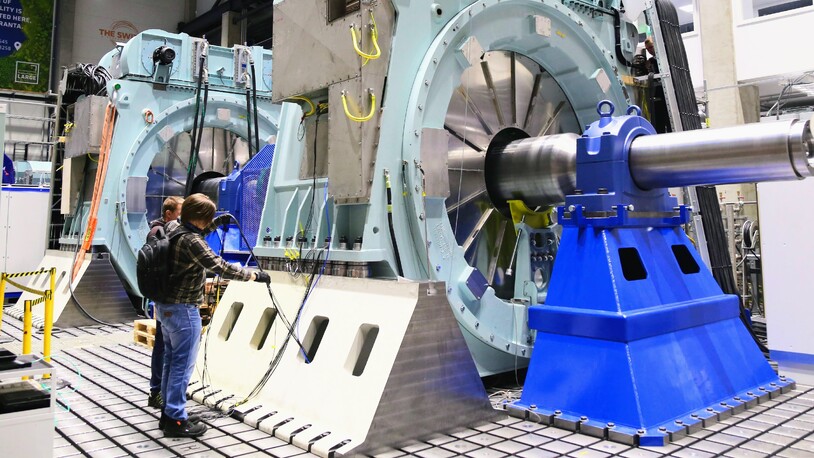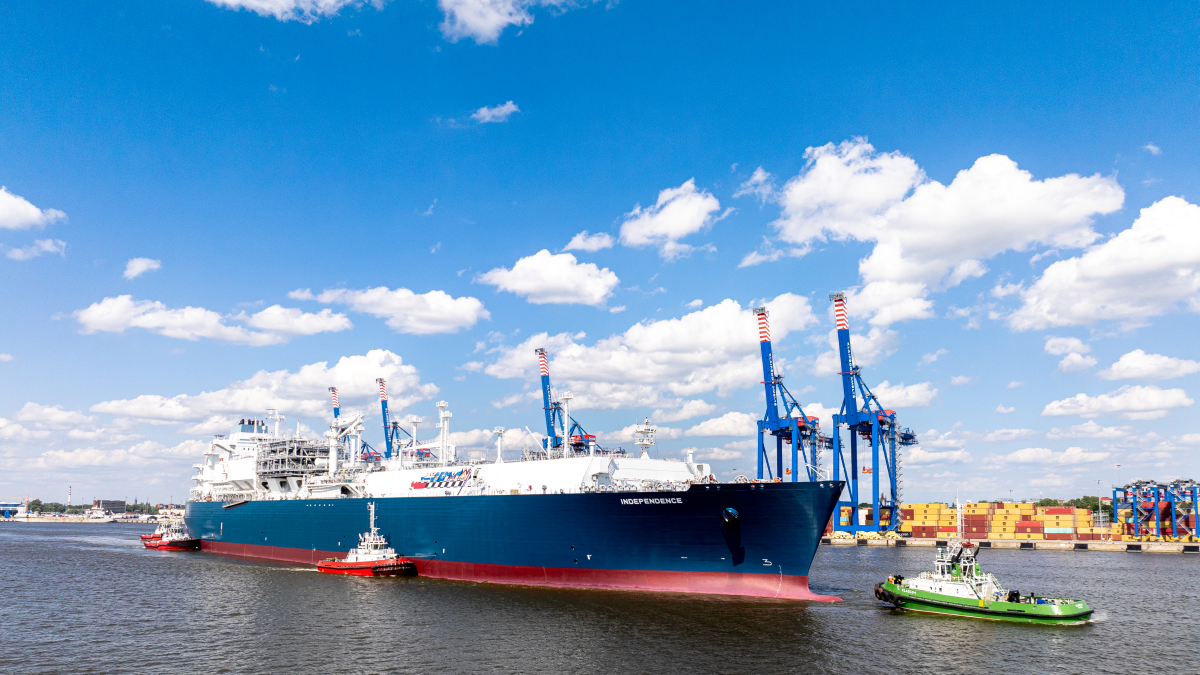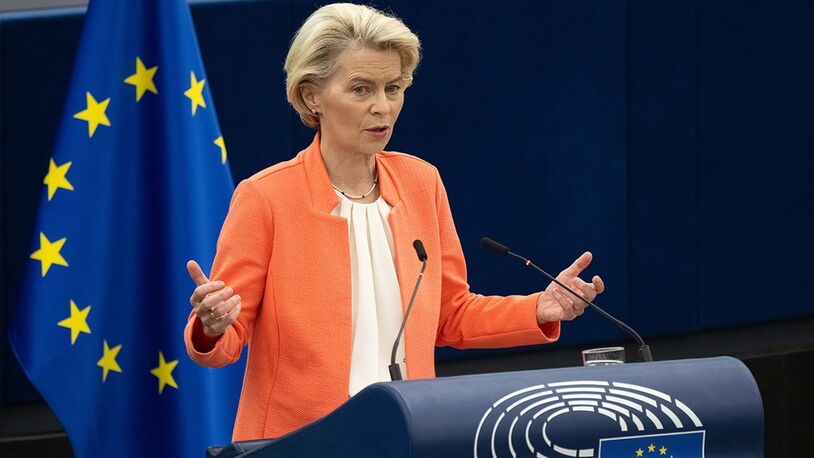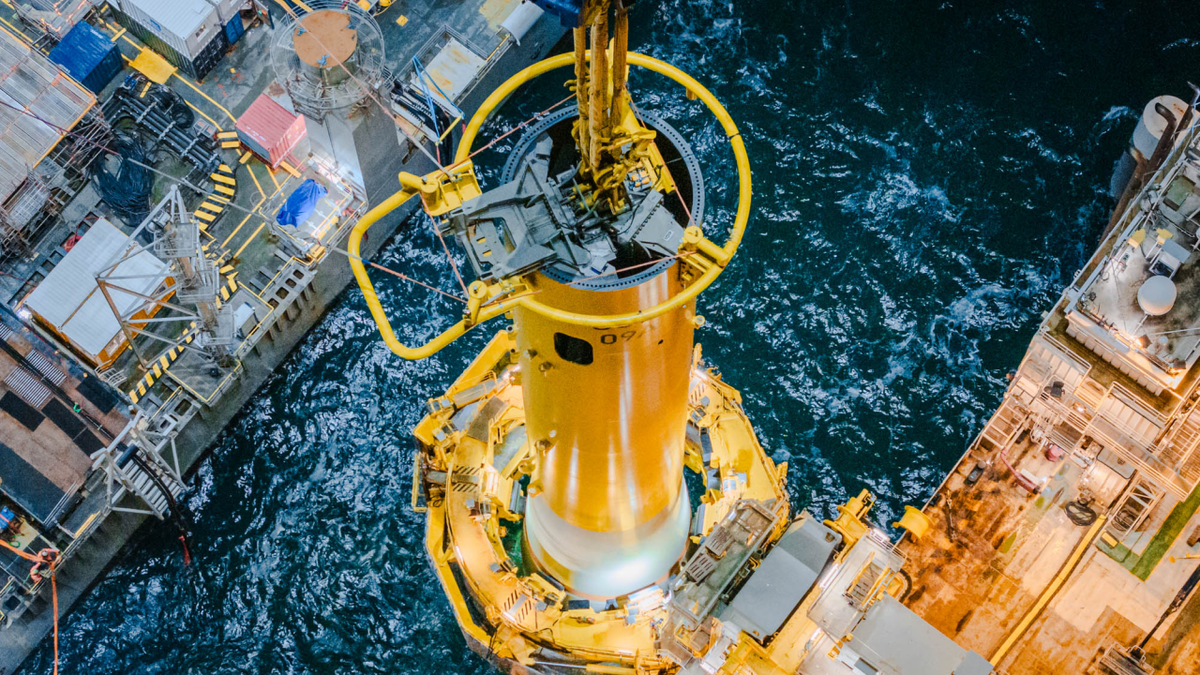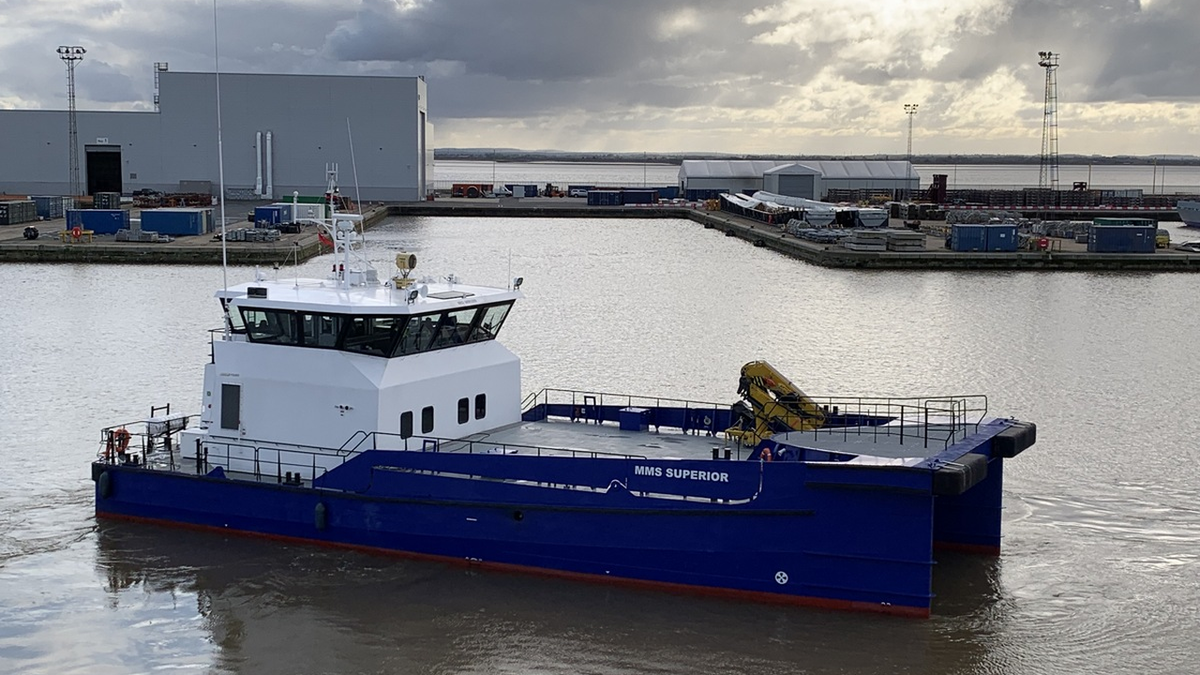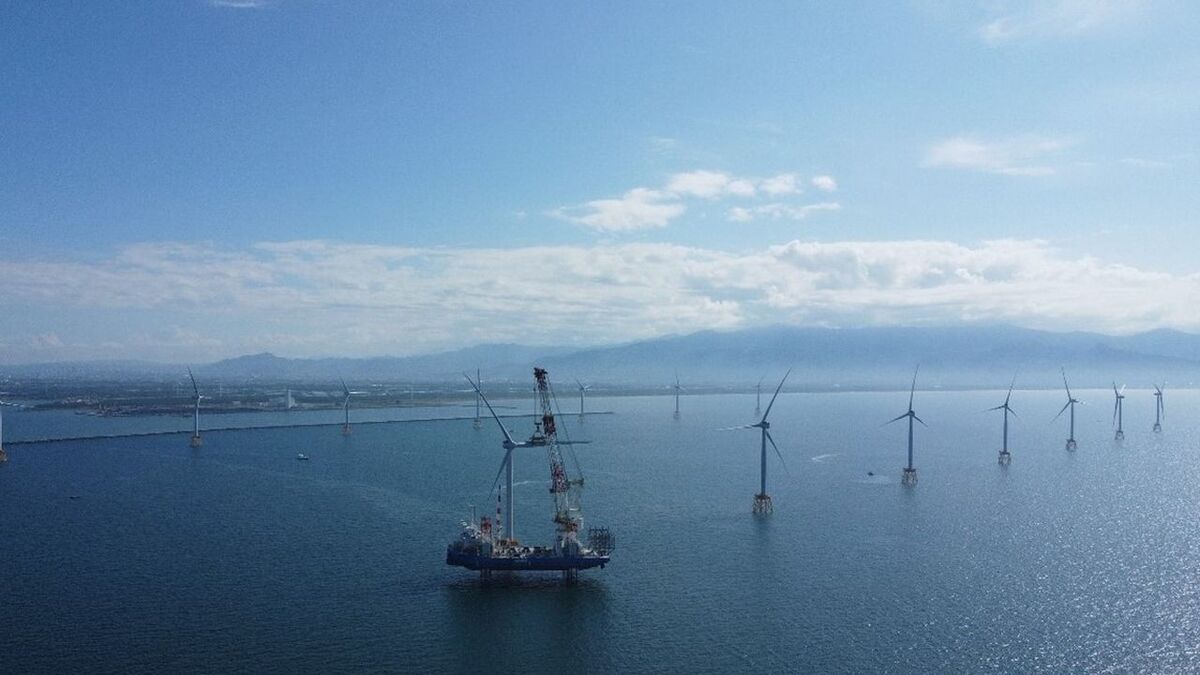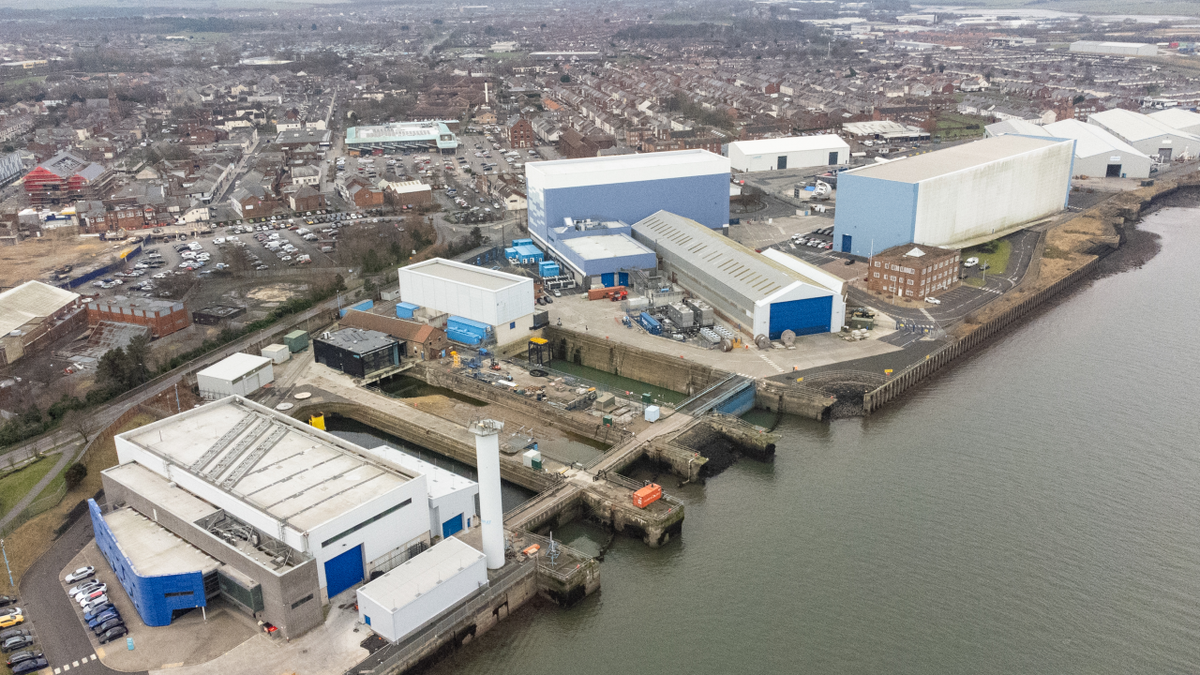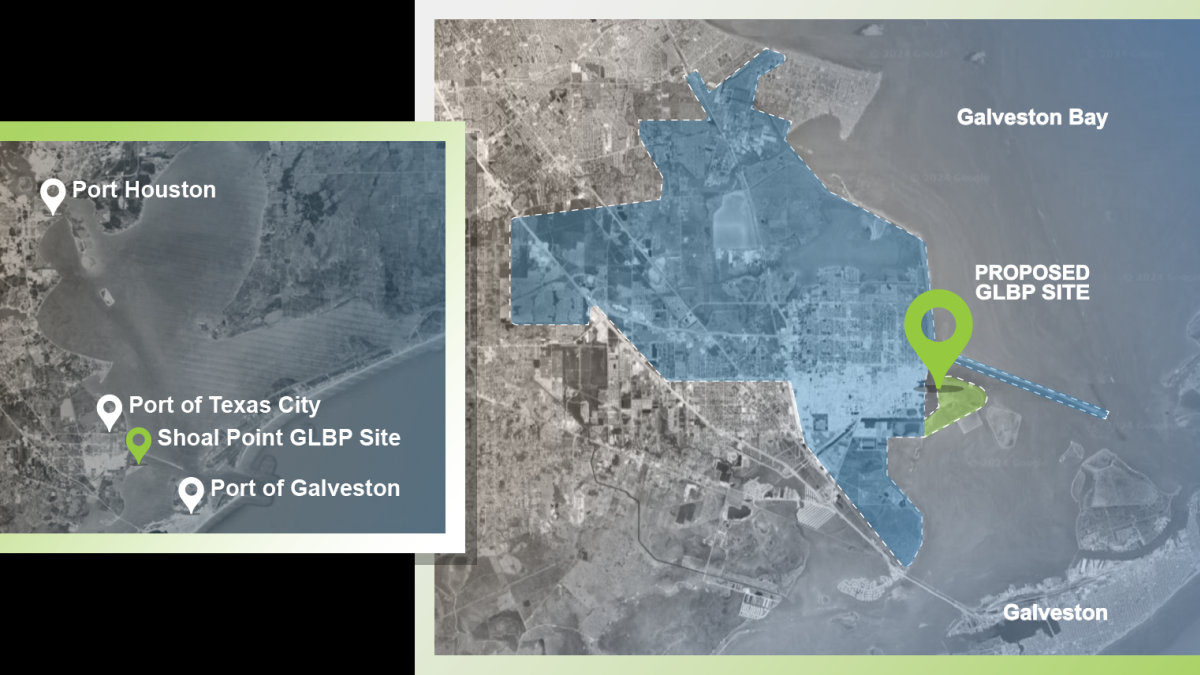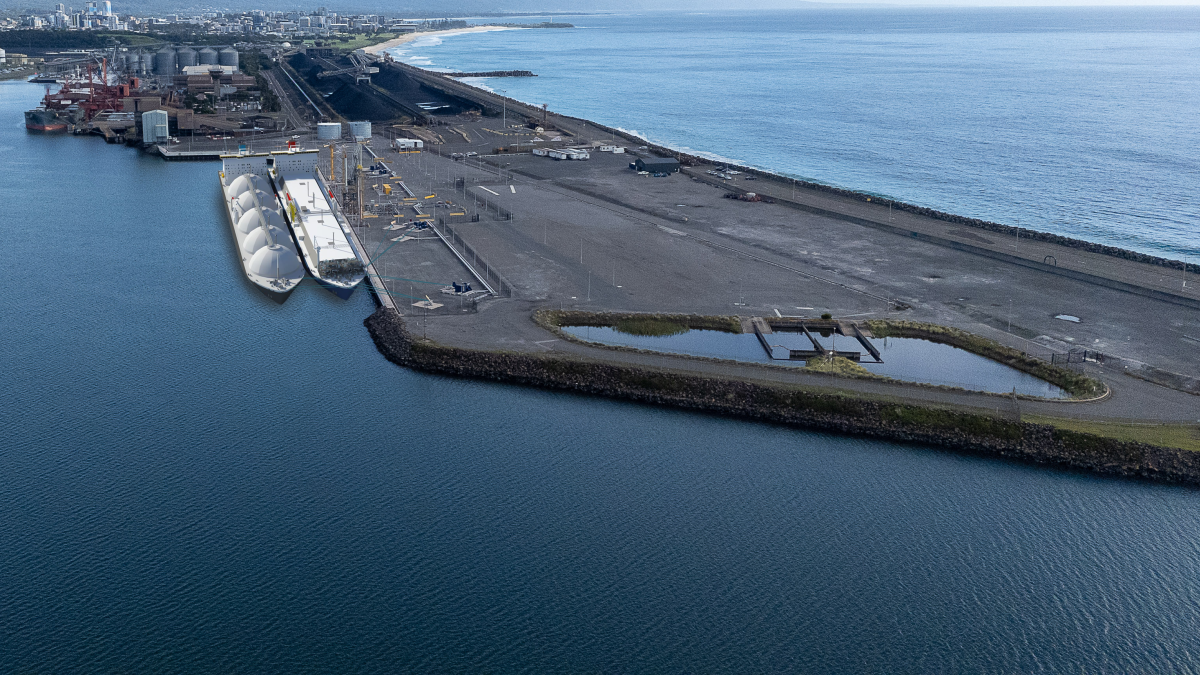Business Sectors
Events
Contents
Register to read more articles.
FSRU sector boosts energy security amidst challenges
Global developments in the FSRU sector highlight their crucial role in enhancing energy security, with significant updates in Bangladesh, Lithuania, and Germany
Recent developments in the floating storage and regasification (FSRU) sector underscore their growing importance in energy security and market dynamics.
Bangladesh’s LNG infrastructure recently faced a significant challenge when unit FSRU Summit LNG, operated by Excelerate Energy, sustained damage from a cyclone in late May 2024.
Excelerate Energy’s 138,000-m3 Summit LNG, which serves Bangladesh’s second LNG import terminal offshore Moheshkhali Island in the Bay of Bengal, was impacted by Cyclone Remal.
The cyclone, which struck on 27 May 2024, caused significant damage to the vessel.
Excelerate Energy reported: "During the cyclone, a floating object made several points of contact on the starboard side of Summit LNG’s hull," leading to water ingress into the ballast tanks.
The incident led to the vessel’s temporary disconnection from the terminal to undergo essential repairs. According to Excelerate Energy, the damage was severe enough to necessitate moving the FSRU to a shipyard in Southeast Asia for comprehensive repairs. The vessel is expected to return to service in August 2024.
In Lithuania, the FSRU Independence at Klaipeda recently underwent a scheduled maintenance period, which included a dry-docking in Denmark. The maintenance was primarily focused on renewing the anti-corrosion coating of the hull and performing other essential upkeep tasks. The vessel resumed its regasification operations in mid-June 2024, reinforcing its role in securing Lithuania’s energy supply.
It has a regasification capacity of 3.75Bn cubic meters per year and is a cornerstone of Lithuania’s LNG infrastructure. The operator, KN, has announced the allocations of spot cargo capacity for October and November 2024, extending the role of being a vital alternative to pipeline gas, enhancing the country’s energy security and offering a buffer against supply disruptions.
Germany is at the forefront of expanding FSRU capacity in Europe, driven by the need to diversify its energy sources and reduce dependence on pipeline gas from Russia. The country currently operates three FSRUs at Lubmin, Wilhelmshaven, and Brunsbuttel, with plans to add three more units at Stade, Mukran, and a second unit at Wilhelmshaven.
A notable recent development is the relocation of the FSRU Neptune to the Deutsche Ostsee terminal at Mukran. This terminal has received the operational green light, marking a significant step in enhancing Germany’s LNG import capabilities. The vessel’s deployment, alongside the planned operationalisation of the FSRU Transgas Force at Stade by early 2024, underscores Germany’s commitment to securing its energy future through diverse supply sources.
In other news, Uniper, the operator of Transgas Force legally ended the long-term gas supply relationship with the Russian state-owned company Gazprom Export. The decision was made possible after an arbitration tribunal on 7 June 2024, awarded Uniper the right to terminate the contracts and awarded it an amount of more than Eur13Bn in damages for the gas volumes not supplied by Gazprom Export since mid-2022.
Even so, the expansion of FSRU infrastructure in Germany is not without challenges. There have been delays in the operational readiness of the new units, which were initially expected to be functional by the winter of 2023-2024. These delays may impact the country’s ability to meet peak winter demand.
Related to this Story
Events
Maritime Regulations Webinar Week
Floating energy: successfully unlocking stranded gas using FLNGs and FSRUs
© 2024 Riviera Maritime Media Ltd.

